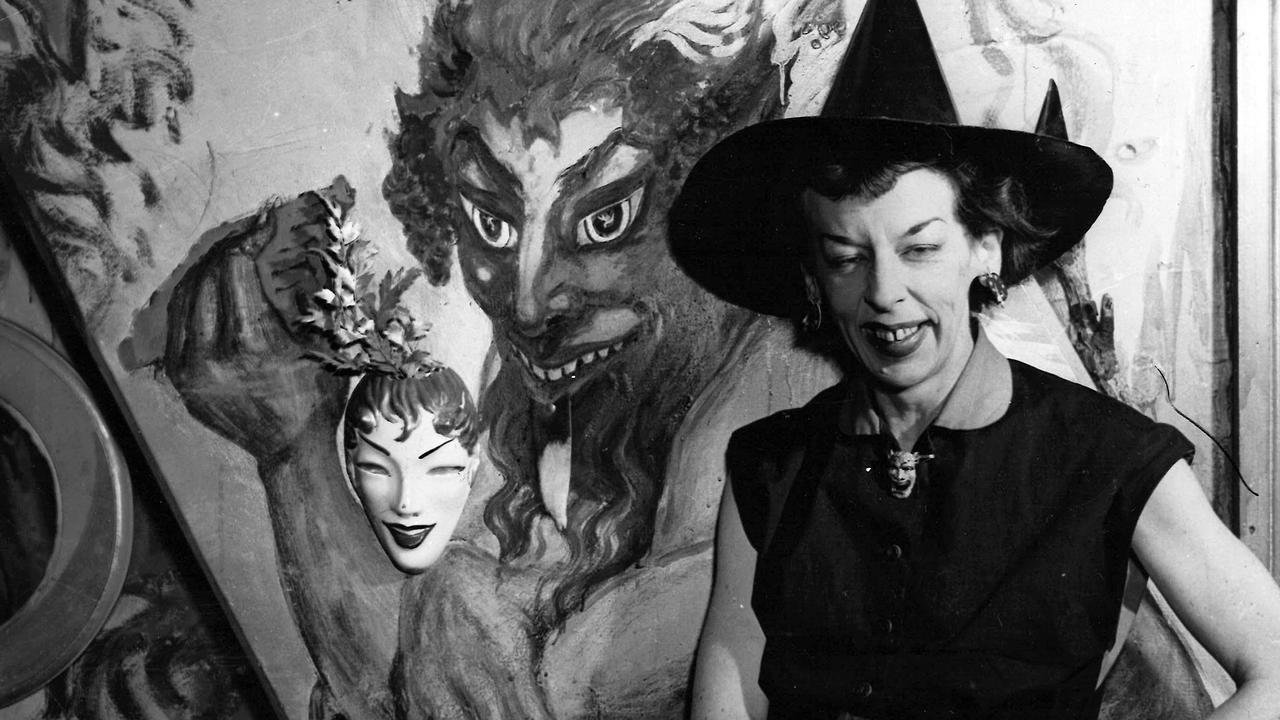How massacre survivor Douglas Grant became scientists’ ‘prize’ in German POW camp
Douglas Grant survived a massacre and went on to fight for Australia, but when he was captured, he became an object of curiosity to German scientists.

In Black and White
Don't miss out on the headlines from In Black and White. Followed categories will be added to My News.
After surviving the massacre of his family in Queensland, Douglas Grant went on to fight for Australia in World War I.
But the Indigenous soldier was captured and held in a prisoner-of-war camp near Berlin, where he became an object of curiosity to German scientists and anthropologists.
Grant is the subject of the latest episode of the In Black and White podcast, out today, with the Australian War Memorial’s Indigenous liaison officer, Michael Bell:
And today we’re celebrating a huge milestone – our 100th episode of the podcast, which shares a new story every week on one of Australia’s forgotten characters.
After the massacre in the late 1800s during Queensland’s frontier wars, Douglas Grant was found by Scottish scientist Robert Grant and his wife, Elizabeth, who were on an expedition to collect birds and mammals for the Australian Museum in Sydney.
Mr Bell says the Grants adopted the young boy, and he received a high-standard education, excelling in art, learning the bagpipes, and developing a love of Shakespeare and poetry.
During the war, Grant was held in an experimental POW camp that housed thousands of Muslim prisoners who had fought for the Allies.
Its purpose was to convince detainees to wage jihad against Britain, and thus the prisoners were treated well and allowed to practise their own religions.

The camp also became popular with German scientists, who studied the men’s languages, skin tones and head measurements.
“It was considered it was a trip around the world in one stop,” Mr Bell says.
“(Grant) was quite a prize for the scientists.”
Grant was held with high regard and was elected the POW camp representative for the 4500 prisoners.
He advocated for the needs of all prisoners to the commandant, and co-ordinated the distribution of Red Cross packages.
He wrote letters stressing the importance of Ramadan for the camp’s Muslim population, and the need to facilitate different meal requirements.
“So that’s 100 years ago you’ve got an Aboriginal man who survives a massacre, representing the needs of Muslim prisoners in a German prisoner-of-war camp in Berlin,” Mr Bell says.


If you’re yet to listen to the In Black and White podcast, you don’t need a smartphone or any special equipment – just an internet connection.
You can listen to any of the 100 episodes any time day or night, and they’re all free.
To our longtime listeners, thank you for supporting the podcast. And if you haven’t already, we’d love you to leave a rating, and even better a review.
Listen to the interview about Douglas Grant with Michael Bell from the Australian War Memorial in the In Black and White podcast on iTunes, Spotify or web.
See In Black & White in the Herald Sun newspaper Monday to Friday for more stories and photos from Victoria’s past.


